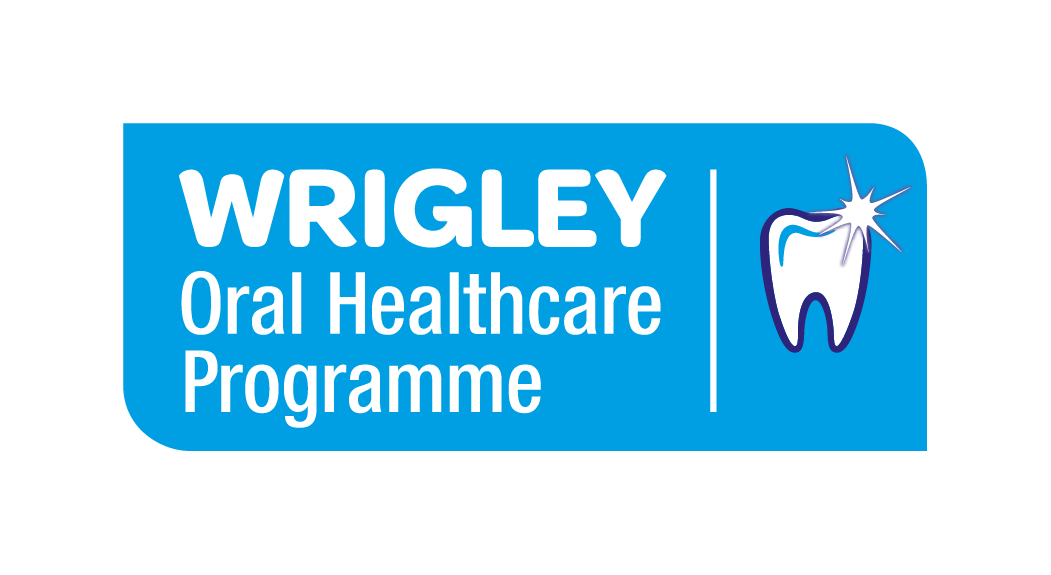
When considering the impact of the Covid-19 pandemic on the nation’s oral health, there is no group as important to speak to as dental professionals. For the last two years, they have seen first-hand the impact the Covid-19 pandemic has had on well-being. This World Oral Health Day, as we consider how we can be proud of our mouths, it’s important to think about how we can support those who help us care for them.
The Wrigley Oral Healthcare Programme has worked alongside dental professionals and policymakers for over 30 years to help promote good oral healthcare. Our third annual dental professionals survey aimed to understand the continued effect that the events of the last few years have had on those in the industry, as well as their patients.
The results were clear and demonstrated the crucial need to prioritise oral health when thinking about the state of the nation’s health post-pandemic. Shockingly, 87 per cent of those surveyed noted a particular increase in emergency dental appointments, due to limitations on in-person care. Emergency services such as tooth extraction and root canals were the most frequently needed treatments during these appointments – at 71 per cent and 41 per cent respectively.
Whilst, to some extent, these emergency services are needed because of short-term impacts caused by Covid and the limited in-person care that’s been available to patients throughout the pandemic, there are also likely to be significant, systemic impacts that will affect oral health for years to come.
Some of these longer-term issues were called out in the survey. 79 per cent of respondents believe access to NHS dentists is the biggest challenge the industry is currently facing, with 65 per cent citing broader staffing challenges. Data published earlier this year revealed that nearly 1,000 dentists left the industry in 2020 – 21, which will clearly have a knock-on effect on patients’ access to care.
Dental professionals are also concerned about the impact of this – more than four fifths (83 per cent) of those who responded to our survey have seen a decline in patient’s oral health over the last 18 months.
The most worrying aspect of this care gap is the growing prevalence of oral health inequalities. The programme has analysed Public Health England data of hospital tooth extractions as a percentage of the population of 0–19-year-olds, finding considerable variation across local authorities. At the point people require hospital extractions, they are likely to have progressed to very late stages of poor oral health, and there is significant disparity across the country – demonstrating this ever-widening gap.
The continued impact of the Covid pandemic, coupled with systemic health inequalities means there is an important role for prevention to play in tackling the backlog of patients. The role and use of preventative oral health tools have been highlighted as important measures to protect oral health and support patients at times when in-person care has been consistently disrupted. This was evidenced by more than three quarters (76 per cent) of survey respondents confirming they have recommended at-home oral health tools more over the last 18 months.
One such tool is sugar-free gum. Whilst brushing your teeth twice a day and using floss are critical, a 2022 systematic review by King’s College London demonstrated sugar-free gum reduces the quantity of plaque in the oral cavity, providing a reason why the 2019 systematic review by King’s College London established that chewing sugar-free gum reduced cavities by 28 per cent. This is one important way you can protect your teeth on the go, in a low-cost and accessible way.
These benefits were endorsed by our survey, with 74 per cent of the dental professionals recommending chewing sugar-free gum as an effective preventative oral health tool, and 73 per cent of those who recommend it doing so due to the clear evidence showing oral health benefits.
As we look to life after the pandemic, these findings indicate that self-management of oral health through preventative tools will continue to play an important role in supporting the nation’s oral health.
For further information please visit wrigleyoralhealthcare.co.uk




